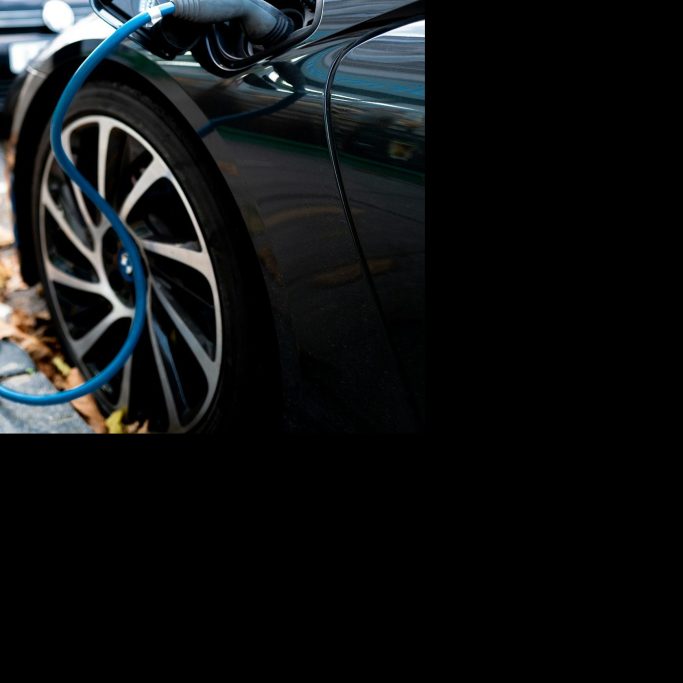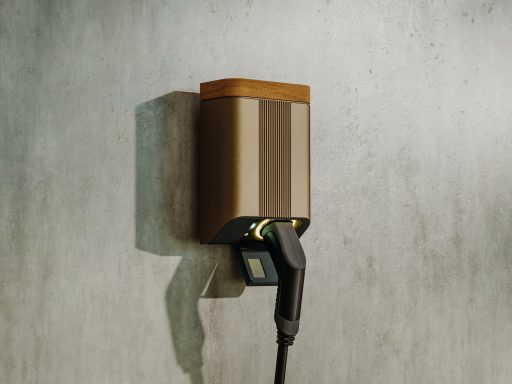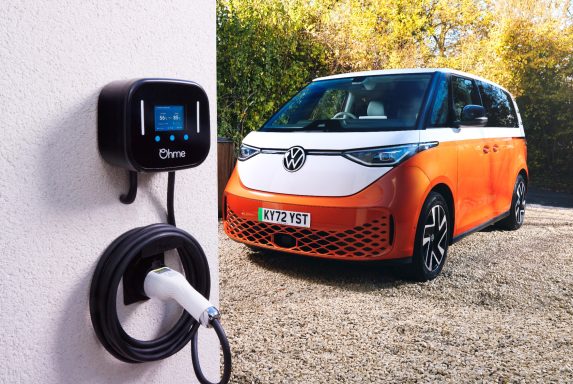
Understanding EV Chargers
The Future of Electric Vehicle Charging
At Light Life Electrical, we understand the growing demand for electric vehicles and the importance of having the right charging solutions in place. EV chargers play a vital role in the electric vehicle ecosystem, serving as the primary means of recharging your vehicle's battery, thus facilitating your transition to greener transport. Choosing the right charger is crucial for maximising the efficiency and convenience of your electric vehicle. Chargers come in various types and power outputs, from standard home installations to commercial-grade fast chargers. Factors to consider include your vehicle's battery capacity, your daily driving habits, and available installation locations. Utilising experienced and trusted installers like Light Life Electrical ensures that your charging station is safely and properly fitted, giving you peace of mind and reliability in operation. Our team is committed to providing high-quality electrical installation services, tailored to meet your unique requirements, and helping you make the most of your electric vehicle experience.
Understanding Charging Speeds
At Light Life Electrical, we recognise that selecting the right charging speed is crucial for both residential and commercial users of electric vehicles (EVs). In this guide, we will delve into the various charging speeds available and clarify what you can expect in terms of charging times. Whether you are planning to charge at home or in a business environment, knowing the differences between slow, fast, and rapid charging can help you make informed decisions that suit your needs.
The Basics of Electric Vehicle Charging
Electric vehicle charging can be broadly categorised into three types: slow, fast, and rapid. Slow charging is typically suitable for overnight charging at home, while fast charging is ideal for longer stops, such as during work hours. Rapid charging, on the other hand, is designed for quick top-ups, enabling you to get back on the road in no time. Understanding these categories ensures that you choose the most appropriate option based on your lifestyle and usage patterns.
Slow Charging: A Convenient Option
Slow chargers usually operate at a power output of around 2 to 3 kW. This method is predominantly used in domestic settings when no 7kW charger has been installed, utilising a 3pin plug where vehicles can be plugged in overnight. Slow charging generally takes approximately 6 to 12 hours to fully charge an electric vehicle. This option is perfect for those who have ample time and wish to charge during off-peak hours, thus saving on energy costs.

Fast Charging: Balancing Speed and Efficiency
Fast chargers function at a higher power output of about 7kW single phase to 22 kW3 phase, making them an excellent choice for commercial spaces and public charging stations. These chargers can typically recharge an electric vehicle in 3 to 4 hours, making them suitable for daily use, especially in workplaces where vehicles can be charged during work hours. Opting for fast charging can significantly enhance your driving experience when on the move.
Rapid Charging: Ideal for Quick Power-ups
Rapid chargers are the most powerful, operating at 43 kW or higher. They are designed for high-volume charging points and can provide an 80% charge in approximately 20 to 30 minutes, depending on the vehicle and battery size. This makes rapid chargers perfect for road trips or as a quick refuel option during busy schedules. As the market expands, accessibility to rapid charging is becoming increasingly common, supporting the growing EV community.
Discover Our range of recommended EV Chargers
We need your consent to load the translations
We use a third-party service to translate the website content that may collect data about your activity. Please review the details in the privacy policy and accept the service to view the translations.




